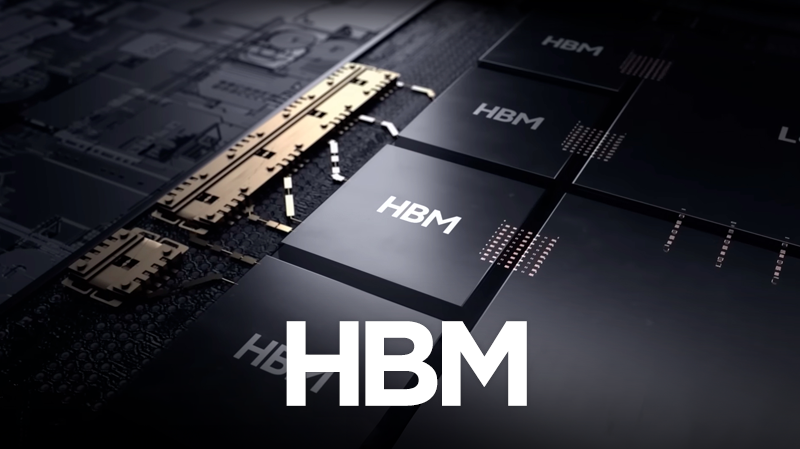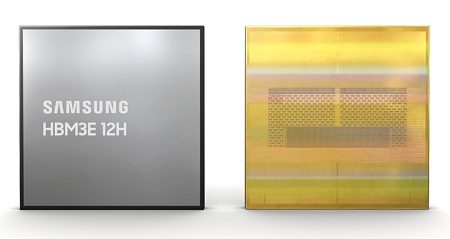 이미지 확대보기
이미지 확대보기A valuation allowance on inventory refers to a process by which a company recognizes a potential loss in advance in its financial statements, when there is a risk that the value of inventory—products held or in production for future sale—may decline.
Although the company is expected to disclose the exact size of the allowance during its earnings call, analysts believe the provision was far higher than anticipated. This is evident from the significant KRW 1.6 trillion gap between the market’s consensus estimate for operating profit (KRW 6.18 trillion) and the actual result (KRW 4.6 trillion).
 이미지 확대보기
이미지 확대보기On a consolidated basis, second-quarter revenue came in at KRW 74 trillion, roughly flat year-on-year. However, operating profit fell back below the KRW 5 trillion mark for the first time in six quarters, since the industry bottomed out in Q4 2023 when Samsung recorded KRW 2.8247 trillion in profit.
Previously, Samsung Electronics had estimated a valuation allowance of KRW 5 trillion for 2024, significantly lower than the KRW 7.4 trillion it recorded in 2023. At the time, the memory market appeared to be recovering, led by demand for AI servers, and the company expected to begin supplying HBM to NVIDIA.
However, as of July, NVIDIA's quality testing of Samsung’s HBM products has shown no progress. In addition, U.S. government sanctions on semiconductor exports to China have also impacted Samsung. With weak sales in the U.S. and restricted access to the Chinese market, the company stated that “export restrictions on advanced AI chips to China led to sales limitations and related valuation allowances.”
Still, there is room for optimism in the second half of the year, as Samsung Electronics has already accounted for much of the loss in H1. The company noted, “Improved HBM products are currently being evaluated and shipped to each customer,” and added, “We also expect the non-memory segment to return to profitability gradually with recovering demand.”
Gwak Horyung (horr@fntimes.com)
[관련기사]
- Samsung’s Roh Tae-moon Grapples with Smartphone Profit Woes — Will In-House AI Survive?
- Hope for LG Display's Rebound vs. Dilemma for Samsung Electronics
- Samsung Electronics Enters Strategy Meetings Without Lee Jae-yong... Will There Be a Semiconductor Solution?
- Samsung Electronics Loses D-RAM Top Spot After 33 Years... Will It Struggle All Year?
- "Samsung Electronics Bets Big on HBM: Completed Sample Supply of Improved HBM3E, to Be Reflected in Q2 Earnings"
가장 핫한 경제 소식! 한국금융신문의 ‘추천뉴스’를 받아보세요~
데일리 금융경제뉴스 Copyright ⓒ 한국금융신문 & FNTIMES.com
저작권법에 의거 상업적 목적의 무단 전재, 복사, 배포 금지










![용산 '신동아' 45평, 12.5억 오른 34억원에 거래 [일일 아파트 신고가]](https://cfnimage.commutil.kr/phpwas/restmb_setimgmake.php?pp=006&w=284&h=214&m=5&simg=2023110915385506755b372994c951245313551.jpg&nmt=18)



![마포구 ‘상암월드컵파크3단지’ 33평, 5.05억 내린 8억원에 거래 [이 주의 하락아파트]](https://cfnimage.commutil.kr/phpwas/restmb_setimgmake.php?pp=006&w=284&h=214&m=5&simg=2025021410380906335e41d7fc6c22115218260.jpg&nmt=18)
![마포구 ‘상암월드컵파크3단지’ 33평, 5.05억 내린 8억원에 거래 [이 주의 하락아파트]](https://cfnimage.commutil.kr/phpwas/restmb_setimgmake.php?pp=006&w=110&h=79&m=5&simg=2025021410380906335e41d7fc6c22115218260.jpg&nmt=18)



